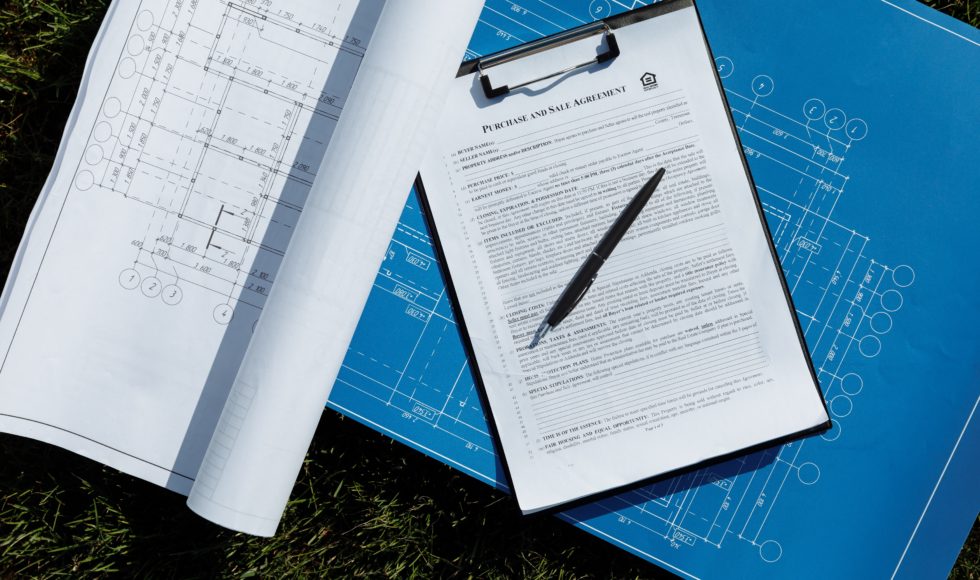CIS Registration: Compliance and Penalties for Non-Registered Contractors
The Construction Industry Scheme (CIS) is a vital part of the UK’s tax system, specifically designed to regulate tax payments for contractors and subcontractors in the construction industry. Under the CIS, contractors are required to deduct taxes at source from payments made to subcontractors, ensuring proper tax compliance. Failing to register for the CIS can lead to severe legal implications and hefty penalties. In this article, we will explore the consequences of not registering for the CIS, shed light on the legal implications, and offer insights on ensuring compliance with HMRC’s requirements.
The Importance of CIS Registration
The CIS was introduced by Her Majesty’s Revenue and Customs (HMRC) to tackle tax evasion in the construction industry. It aims to ensure that proper tax deductions are made at the source, preventing contractors and subcontractors from evading their tax responsibilities. CIS registration is mandatory for businesses that work in construction and engage subcontractors. Failure to register can lead to significant repercussions for both contractors and subcontractors involved.
Legal Implications of Non-Registration
Contractors who neglect to register for the CIS are breaking the law and could face severe consequences. HMRC has the authority to conduct thorough investigations to identify non-compliant businesses, and they take such cases seriously. When caught, contractors can be held liable for the unpaid tax deductions, interest, and penalties accrued during the non-registered period. Moreover, HMRC may impose further penalties as a deterrent for non-compliance.
Penalties for Non-Registered Contractors
The penalties for non-registered contractors can be substantial, both financially and reputationally. HMRC has the power to impose penalties ranging from fixed amounts to a percentage of the total tax liability. The severity of the penalty depends on various factors, such as the length of non-compliance, the level of cooperation with the authorities, and the presence of any previous non-compliance issues.
Initially, HMRC may issue a warning letter to prompt registration and compliance. However, if contractors persist in their failure to register, HMRC can apply escalating penalties. These penalties can have a significant impact on a contractor’s bottom line, leading to potential financial instability and difficulties in securing future contracts.
Impact on Subcontractors
Non-registered subcontractors working in the construction industry are also vulnerable to adverse consequences. If a subcontractor fails to register, the contractor they are working for will be obligated to withhold a higher rate of tax, typically 30%, from the payment made to the subcontractor. This measure is put in place to ensure that the required tax payments are collected, but it can severely affect the subcontractor’s cash flow and profitability.
Ensuring Compliance with CIS Requirements
To avoid the pitfalls of non-compliance and penalties, it is crucial for contractors and subcontractors to take the necessary steps toward CIS registration and adherence to HMRC’s guidelines
- Identifying Eligibility: Contractors must determine if their business falls within the scope of the CIS. Generally, any business that spends more than £1 million annually on construction work over a three-year period or pays subcontractors for construction work will be required to register.
- CIS Registration Process: Contractors can register for the CIS through the HMRC website. During the registration process, they will receive a unique tax reference (UTR) and be provided with guidelines on tax deductions and reporting requirements.
- Verifying Subcontractors: Before engaging a subcontractor, contractors must verify their registration status with HMRC. This process ensures that the subcontractor is eligible to work under the CIS and helps mitigate the risk of tax evasion.
- Proper Record Keeping: Both contractors and subcontractors should maintain accurate and up-to-date records of all transactions, payments, and tax deductions. This documentation will be essential during any HMRC audit or investigation.
- Timely Tax Deductions and Payments: Contractors must deduct the appropriate tax amount from payments made to subcontractors and remit these deductions to HMRC on time. Adhering to these timelines is critical to avoiding penalties.
- Seek Professional Advice: Navigating the complexities of the CIS can be challenging. Seeking advice from tax professionals or accountants can be immensely helpful in ensuring compliance and avoiding potential pitfalls.
Conclusion
CIS registration is not an option but a legal obligation for contractors and subcontractors involved in the UK construction industry. The consequences of non-registration can be severe, ranging from financial penalties to reputational damage. To avoid these repercussions, businesses must prioritize compliance with HMRC’s CIS requirements. By understanding the importance of registration, adhering to tax deductions, and maintaining accurate records, contractors, and subcontractors can stay on the right side of the law and foster a transparent and compliant business environment within the construction industry.



